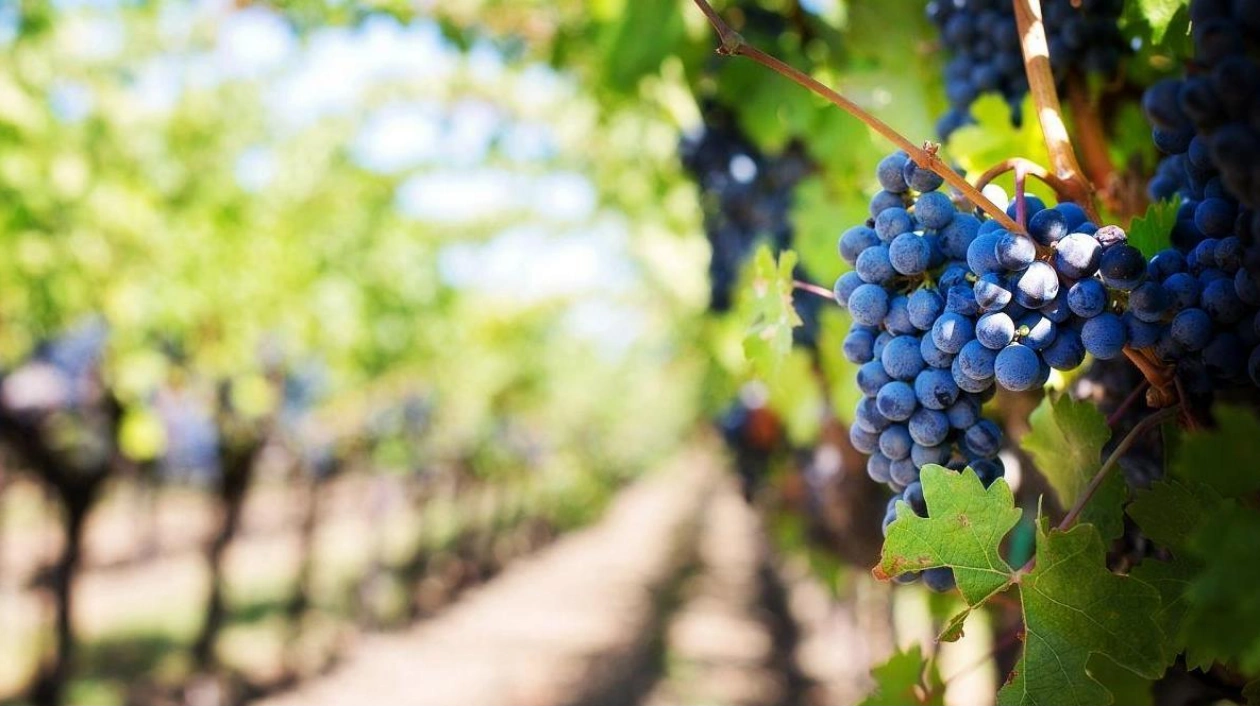The French government has unveiled a €120 million initiative aimed at uprooting 30,000 hectares of vineyards across the country in response to the declining wine sector. This plan, jointly developed by the state, the Nouvelle-Aquitaine region, and the Bordeaux Wine Interprofessional Counsel, targets 30,000 out of France’s 800,000 hectares of vineyards. It is part of a broader strategy by the Ministry of Agriculture to uproot up to 100,000 hectares in total. The Gironde department has already initiated the reduction of its vineyards by 8,000 hectares.
Vineyard owners are being offered up to €4,000 per hectare for allowing the government to uproot their vines. Those who accept these offers are prohibited from replanting vines on the same land until at least 2029. Wine consumption in France has been steadily declining for several decades, dropping by 70% over the past 60 years. The average French citizen consumed 120 liters of wine annually in the 1960s, a figure that has now plummeted to just 40 liters, according to the French Observatory for Drugs and Drug Addiction (OFDT).
The trend is worsening, according to FranceAgriMer, with red wine sales falling by 15% in the last three years alone. Young French people are increasingly shunning wine as their preferred drink. Shifts in drinking habits, such as a preference for beer over wine and a broader rejection of alcohol among those under 34, are driving this market change. Additionally, France’s wine industry is facing reduced international demand for its products. Wine export figures for 2023 were down 10% compared to the previous year.
France was the world’s largest wine exporter in 2023, shipping 48 million hectoliters, though Italy is expected to reclaim that title this year. China, once a significant market for French wine exports, has decreased its demand due to the growth of its domestic wine industry and a preference for Spanish and Italian wines. These factors have prompted Bordeaux’s regional decision to uproot many of its vineyards. This initial €120 million governmental plan for 30,000 hectares is likely to be followed by further plans to complete the uprooting of a total 100,000 hectares.
Another long-term factor that could impact France’s wine industry is global warming. As the climate changes, the terroir that defines each French region’s unique wines is also shifting. Currently, things are favorable for French wine, with studies showing improvements in 19 controlled designations of origin in Bordeaux between 1950 and 2020 due to warmer summers and wetter winters. However, if temperatures continue to rise, these same vineyards could face drought, which would be highly detrimental to their crops.
This climate shift has led to a significant boom in the UK’s wine industry. The UK’s more temperate weather, which has been rising during the summers, has attracted wine investors who see potential for the country to become a major wine producer in the 21st century. Frost, which can devastate grape vines, now rarely occurs in some areas of southern England. Vineyards are rapidly expanding across the UK, from the south to Scotland, with a 74% increase in vine plantings, equating to 4,000 new hectares in the past five years. As a result, Britain is the fastest-growing wine region in the world due to this climate change.






